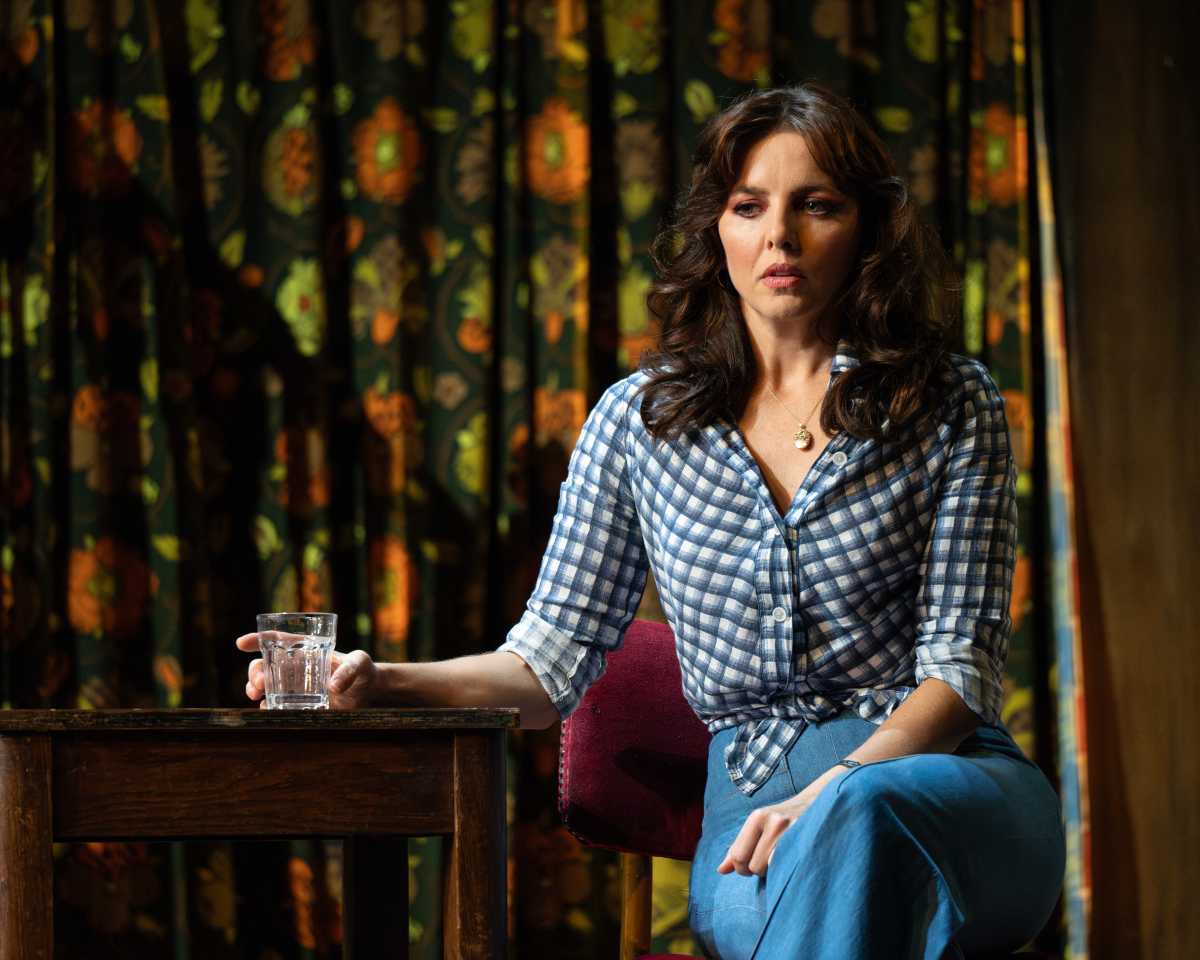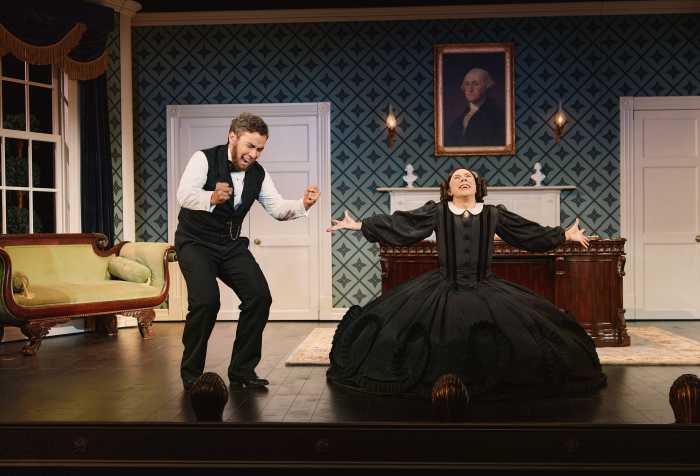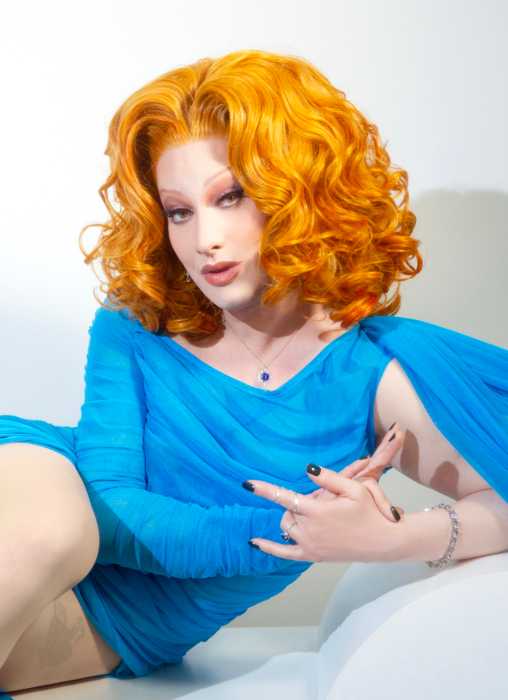“The Hills of California” has transferred to Broadway in a vivid production directed by Sam Mendes following a London run, with much of the original English cast of the drama/black comedy intact.
“A song is a dream…a song is a place to live,” explains Veronica Webb, a determined English single mother and boardinghouse proprietress in an oft-repeated motivational speech to her four young daughters (whom she is training, in a relentless Joe-Jackson style, to become a musical quartet modeled after The Andrews Sisters) in Jez Butterworth’s time-shifting and absorbing three-act show.
The play’s title refers to a mid-century song by Johnny Mercer, performed by The Webb Sisters. It represents the freedom of escaping a seedy English seaside and achieving fame and fortune.
It opens in 1976 in the public parlor of the now crumbling Seaview Luxury Guesthouse & Spa (which actually has no views of the sea but does have a broken jukebox and tiki bar), where an unseen Veronica is upstairs dying of stomach cancer and in soaring pain.
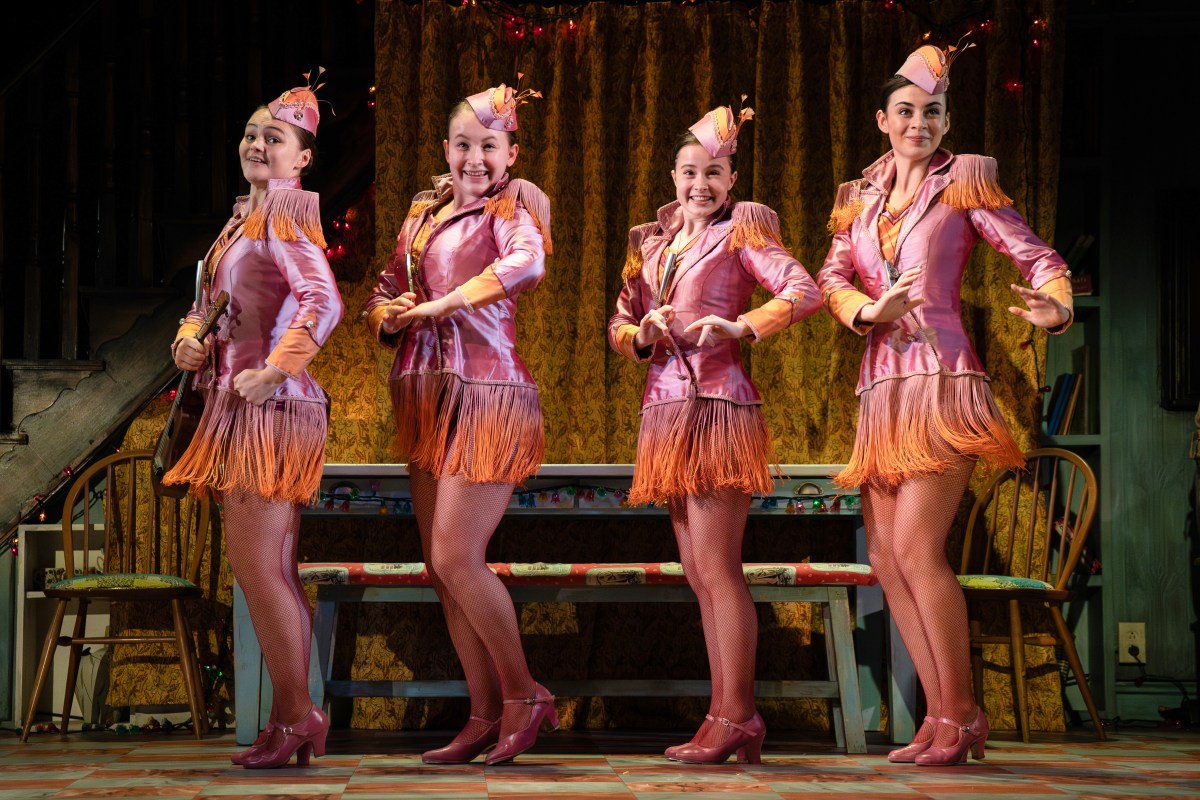
Jill (Helena Wilson), the eternally scared daughter who never left home and is still single, is soon joined by her bitter and temperamental sisters Ruby (Ophelia Lovibond) and Gloria (Leanne Best), who treat their husbands with condescension and harbor resentment and jealousy of Joan (Laura Donnelly), the eldest sister, who years earlier escaped to the U.S., cut a record, and has not been seen since. (As it turns out, Joan, who eventually shows up, has hit hard times but is far more accepting of the past and present than her sisters.)
During two flashback sequences, the towering set revolves away from the parlor to reveal a private kitchen in 1955, where the daughters (now played by young girls) and their mother (Donnelly) practice their routines (including “Boogie Woogie Bugle Boy,” complete with tap-dancing on the kitchen table and an inebriated pianist).
They await the arrival of an American music executive (David Wilson Barnes) who will audition the girls, leading to a traumatic incident that leads to the family’s breakup and accusations of abuse, neglect, and complicity. Meanwhile, back in 1976, the girls occasionally break into old songs, promotional jingles, and even a memorized interview with The Andrews Sisters.
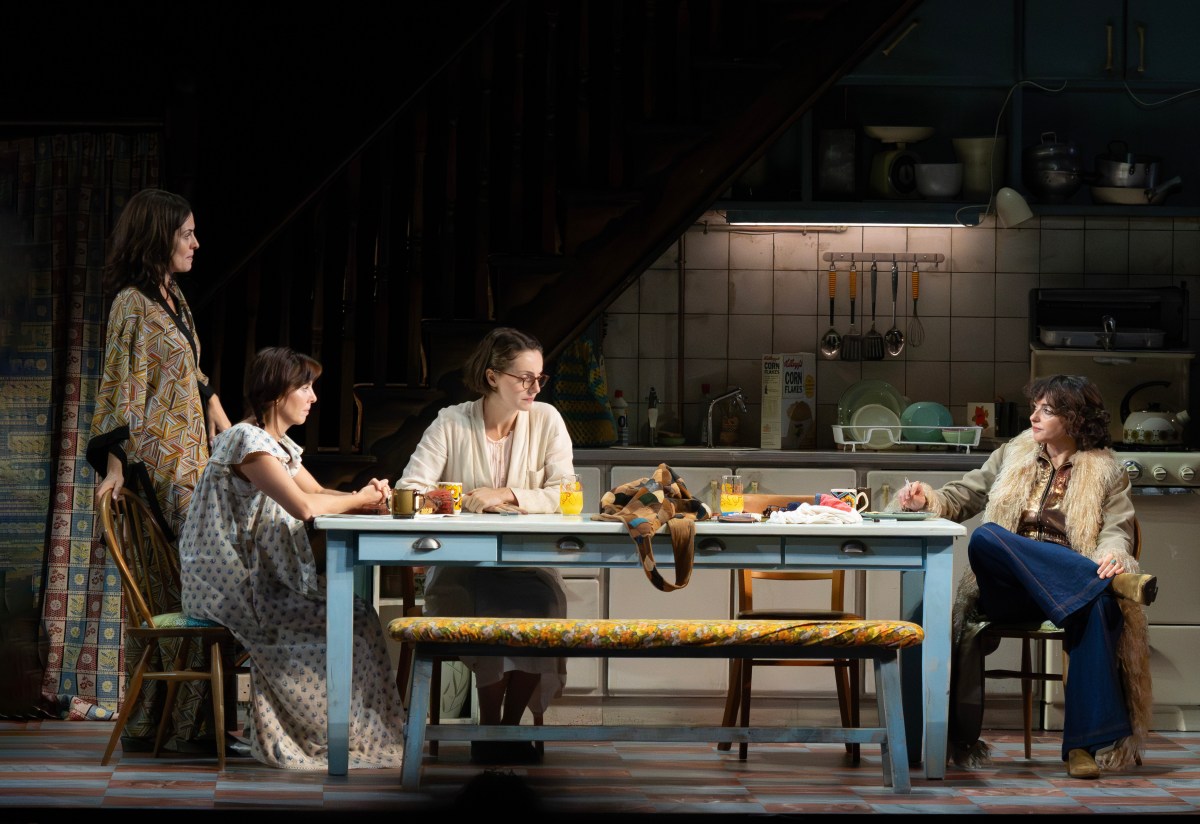
The underlying storyline bears more than a passing similarity to the 1959 musical “Gypsy,” which also involves a domineering stage mother who is obsessed with showbiz, has questionable artistic taste, and ultimately pushes her daughters away. Coincidentally, “Gypsy” is receiving a Broadway revival this season and will soon play a neighboring theater on the same block.
One might also compare the play with another Sondheim musical, “Follies,” which also features younger and older versions of the same characters who perform the same material and also has the aura of a place that is haunted by ghosts of the past.
I initially came away from “The Hills of California” feeling that it is a neatly constructed but derivative family drama that lacked the excitement of Butterworth’s 2018 melodrama “The Ferryman” (another London import directed by Mendes and starring Donnelly) and was subject to meandering scenes full of accusations.
But over the next few days, I became increasingly fascinated by the play’s plot mechanisms (which leave a lot of lingering mystery), the psychological damage sustained by each character, and impressed by the shaded performances and meticulous stagecraft.
Broadhurst Theatre, 235 West 44th St., thehillsofcalifornia.com. Through Dec. 22.
Read More: https://www.amny.com/entertainment/broadway/



